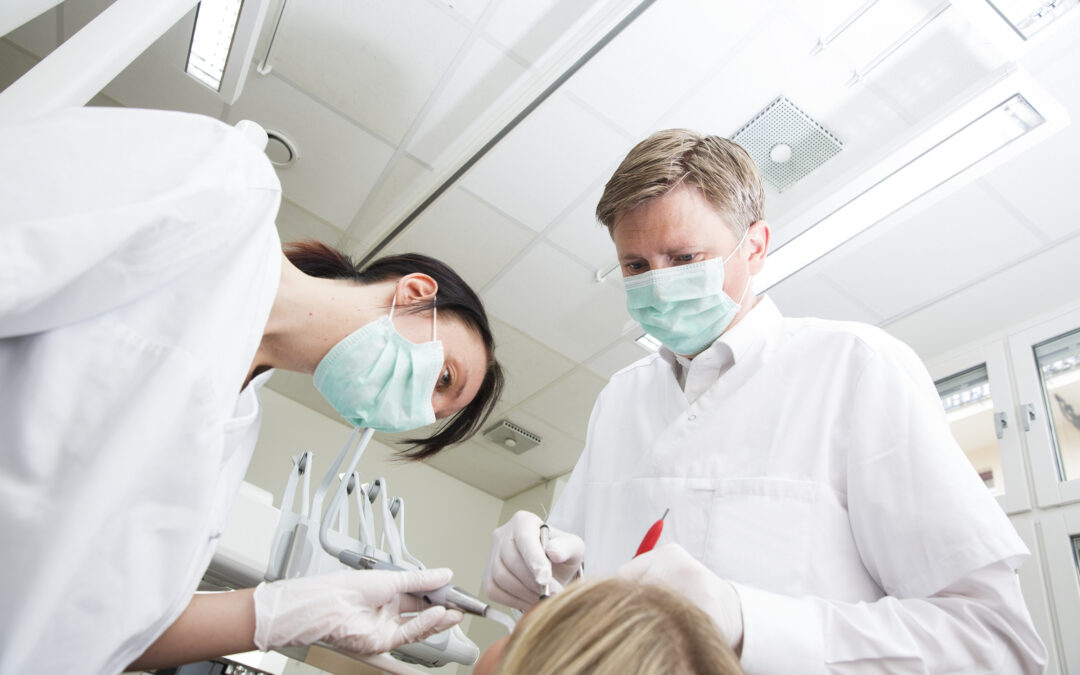Root canal therapy can be a necessary treatment to save a severely damaged or infected tooth. Though it is indeed an effective solution, it can leave you with some discomfort and require a period of recovery. In this blog, you will learn some essential root canal recovery tips to help you heal and get back to your routine as quickly as possible.
What’s a Root Canal?
This method of restorative dentistry aims to safeguard an infected tooth from future microbial invasion while also eliminating the infection that has spread to the tooth’s pulp. During the treatment, the inflamed or diseased pulp is extracted entirely, and then the inside of the tooth is thoroughly cleaned, sanitized, filled, and sealed.
Root canal therapy near you has many advantages such as:
- Restoring chewing ability
- Normal chewing pressure and sensation
- Enhancing facial aesthetics
- Prevents excessive wear or pressure on other teeth
When a Root Canal is Recommended
Root canal therapy in Langley is normally recommended when the pulp inside a tooth experiences significant harm. The pulp is the soft tissue inside the tooth that contains nerves, blood vessels, and connective tissue. When the pulp becomes infected or damaged due to tooth decay, injury, or other factors, it can cause a range of symptoms, including:
- Severe toothache
- Darkening or discoloration of the tooth
- Bad breath or a foul taste in the mouth
- Sensitiveness to hot and cold temperatures
- Swelling and tenderness in the gums
If you have further questions, don’t be shy to let your dental team know so they can address them and ensure your experience is comfortable.
Recovery Tips
Manage Pain and Discomfort
It is normal to feel some discomfort following a root canal procedure, and your dentist may recommend painkillers to help you manage. Any prescribed medication should be taken according to your dentist’s instructions, and you should never hesitate to contact your dentist if your pain continues or gets worse. To help manage discomfort, you can also take over-the-counter painkillers like ibuprofen or acetaminophen.
Practice Good Oral Hygiene
A healthy recovery from a root canal depends on maintaining good oral care. Regularly brush and floss your teeth, and avoid the treated tooth until your dentist gives you the all-clear to restart regular dental hygiene. Use the special mouthwash as instructed if your dentist near you recommended it.
Attend Follow-Up Appointments
Your dentist will schedule follow-up appointments to monitor your recovery and ensure that the treatment was successful. It is essential to attend these appointments and follow any instructions your dentist gives you. Skipping appointments or not following your dentist’s instructions can prolong your recovery and increase the risk of complications.
Avoid Chewing Hard Foods
For the first few days following your root canal, avoid chewing on the treated tooth. Stick to soft foods like soup, yogurt, or mashed potatoes to give your tooth time to heal. Chewing hard foods can put pressure on the tooth, causing discomfort or even damage. As you begin to feel better, slowly reintroduce solid foods, starting with softer options.
FAQs
- What is a root canal?
An infected or abscessed tooth can be treated with a root canal to alleviate the pain. The swollen pulp is taken out during the root canal procedure. After disinfecting and cleaning the internal surfaces of the teeth, a filling is then applied to close the opening.
- Is pain after a root canal normal?
This is a normal and common problem. You can take over-the-counter painkillers like acetaminophen or ibuprofen until the soreness subsides.
- Do root canals hurt?
Due to the anesthesia used during the process, a root canal is not more painful than a typical dental procedure like a filling or wisdom tooth extraction. But for a few days after a root canal treatment, the tooth is frequently mildly uncomfortable, numb, or even painful.
What is a Normal Root Canal Recovery Time?
It typically takes less than a week to recover from a root canal. Minor discomfort may last for a few days, but medication can manage this concern. Consult your dentist if you experience significant pain or discomfort for more than a week.
While root canal procedures can be uncomfortable, following these four essential recovery tips can help you manage pain, protect your treated tooth, and speed up the healing process. If you have any concerns or questions about your recovery, don’t hesitate to contact our dentist at Willowbrook Park Dental. We have a team of professional dentists in Langley who can help you restore your oral health by offering quality dental care services.
Book your appointment and visit us today!


